Experiencias únicas en Indonesia
Vive una experiencia única con nuestros viajes a Indonesia a medida
Gran travesía de Sulawesi
15 DÍAS
Viajes a Sulawesi
Viajes de Aventura Indonesia, Vida salvaje Indonesia, Tribus de Indonesia
Baliem Valley Tour
4 DÍAS
Viajes a Papua
Viajes de Aventura Indonesia, Vida salvaje Indonesia, Tribus de Indonesia
Buceo sostenible en Raja Ampat
5 DÍAS
Viajes a Papua
Vida salvaje Indonesia, Buceo en Indonesia
Vida salvaje centro Sulawesi
2 DÍAS
Viajes a Sulawesi
Viajes de Aventura Indonesia, Vida salvaje Indonesia

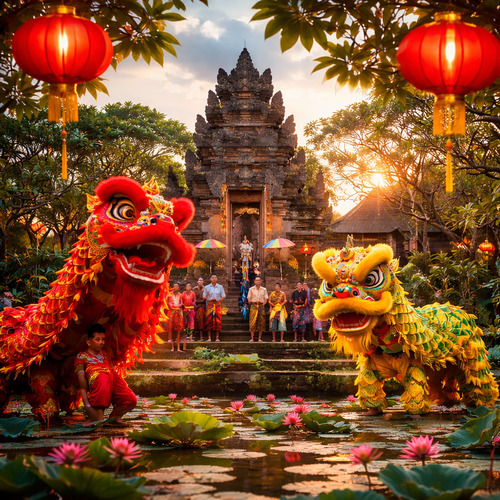
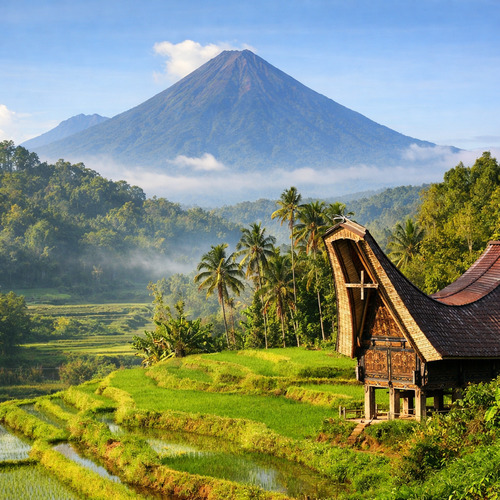
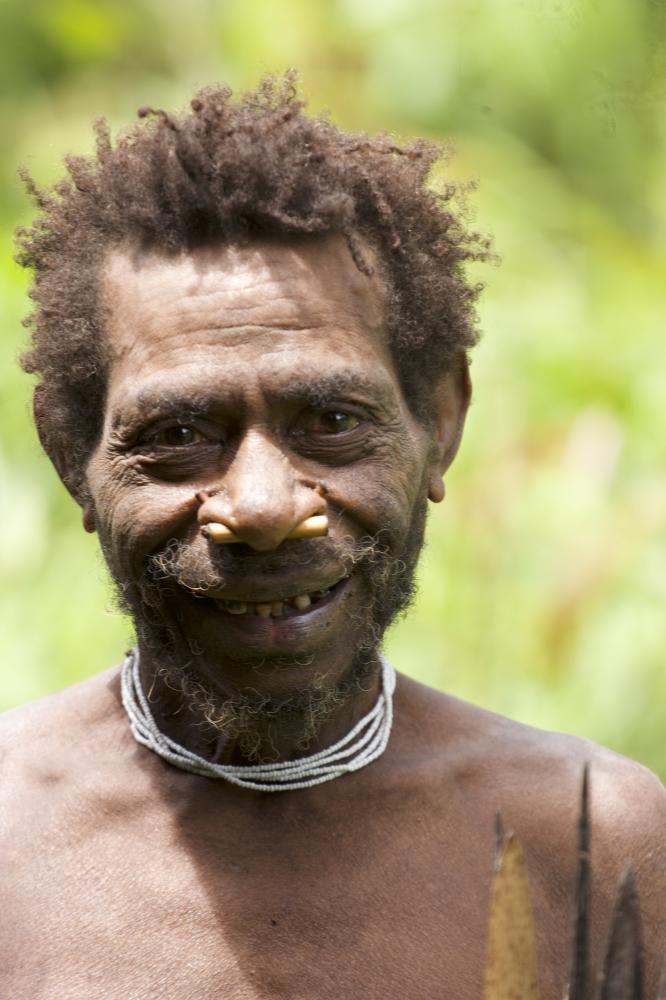
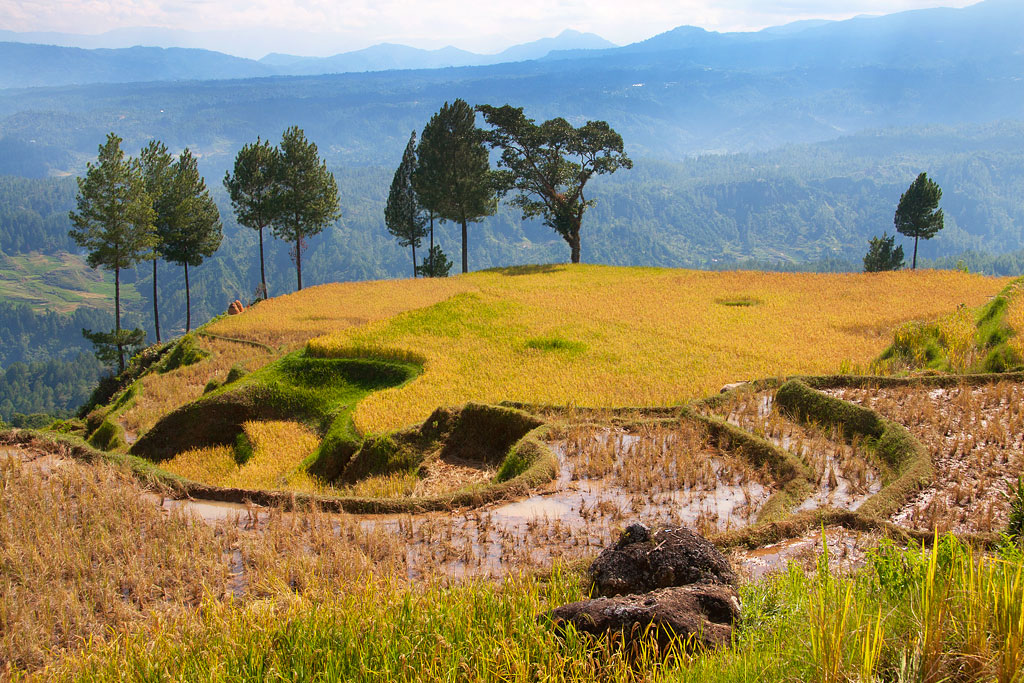
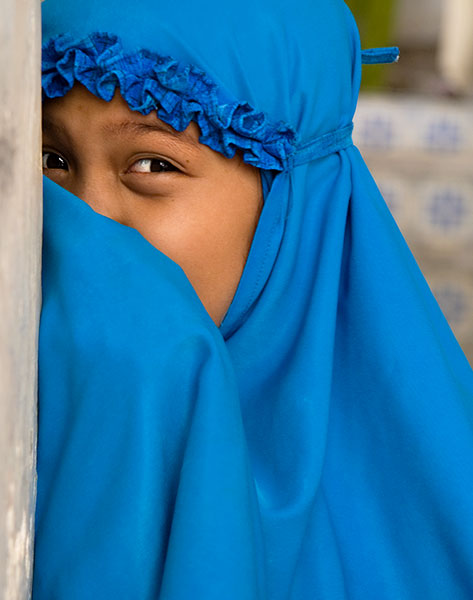
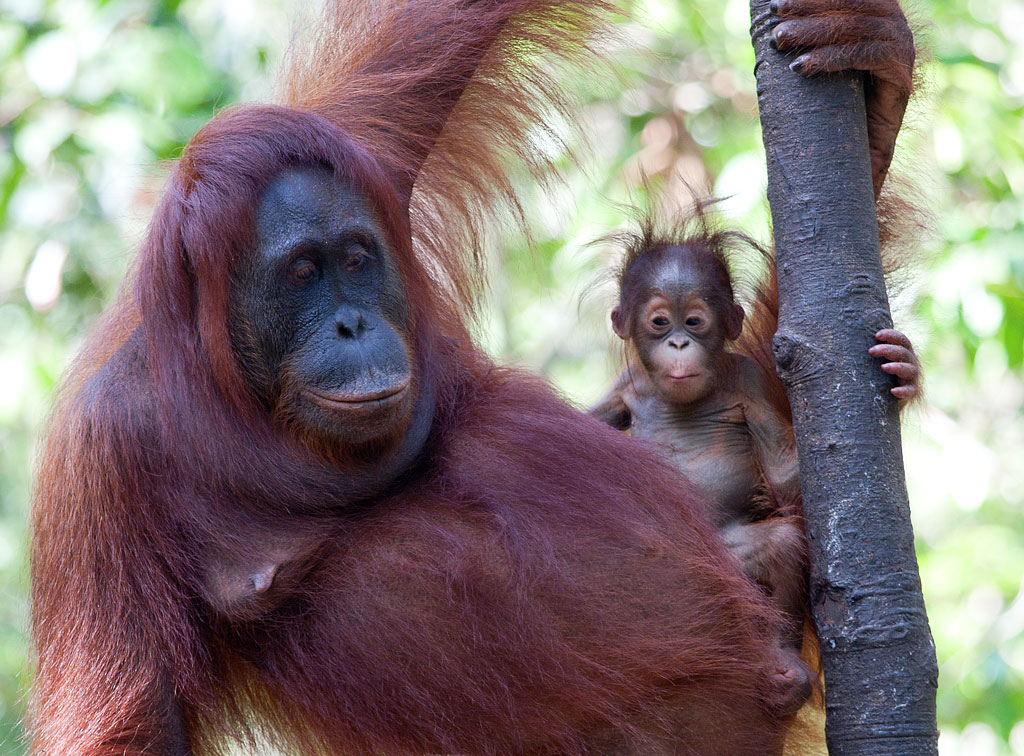
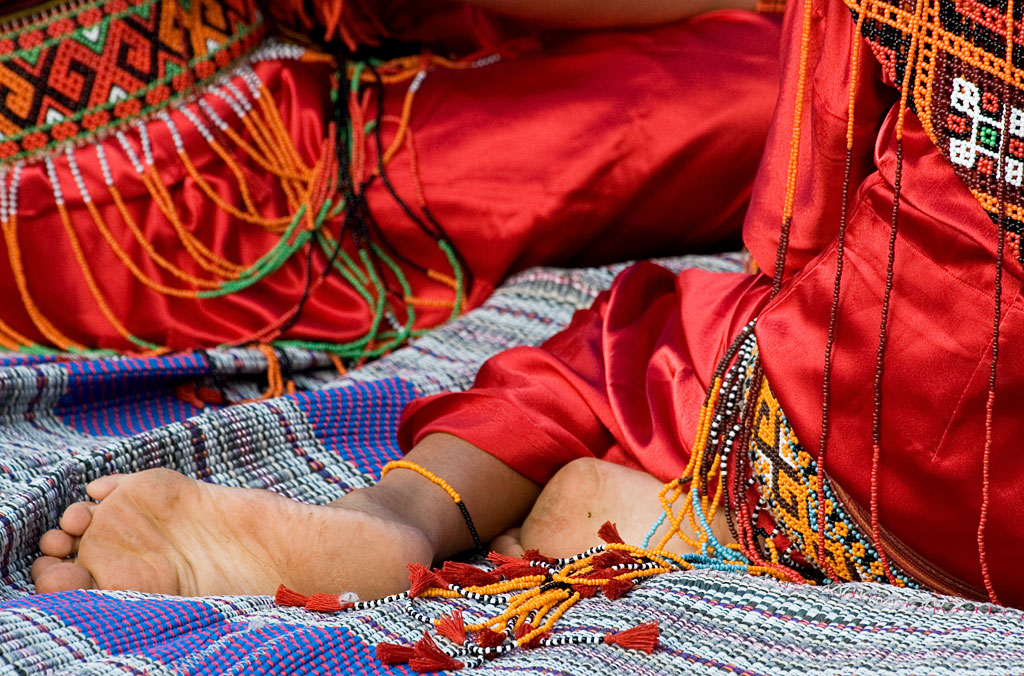
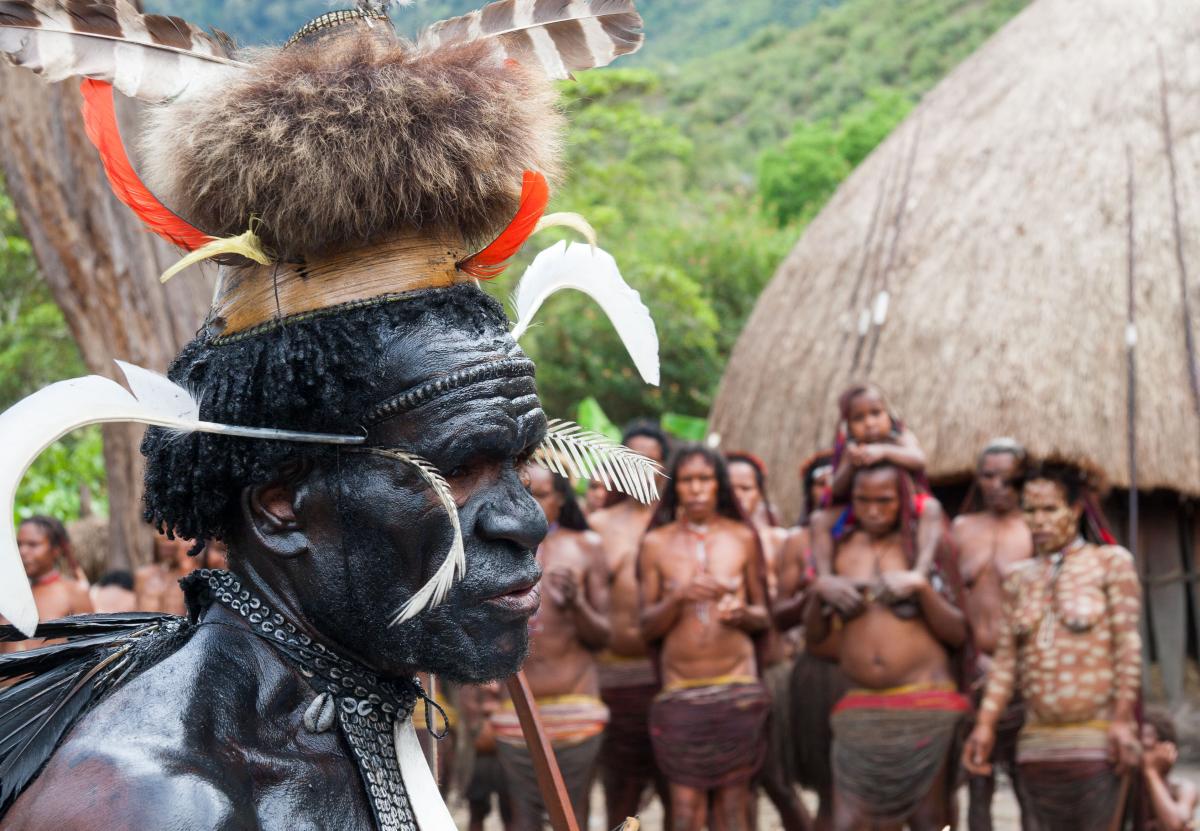
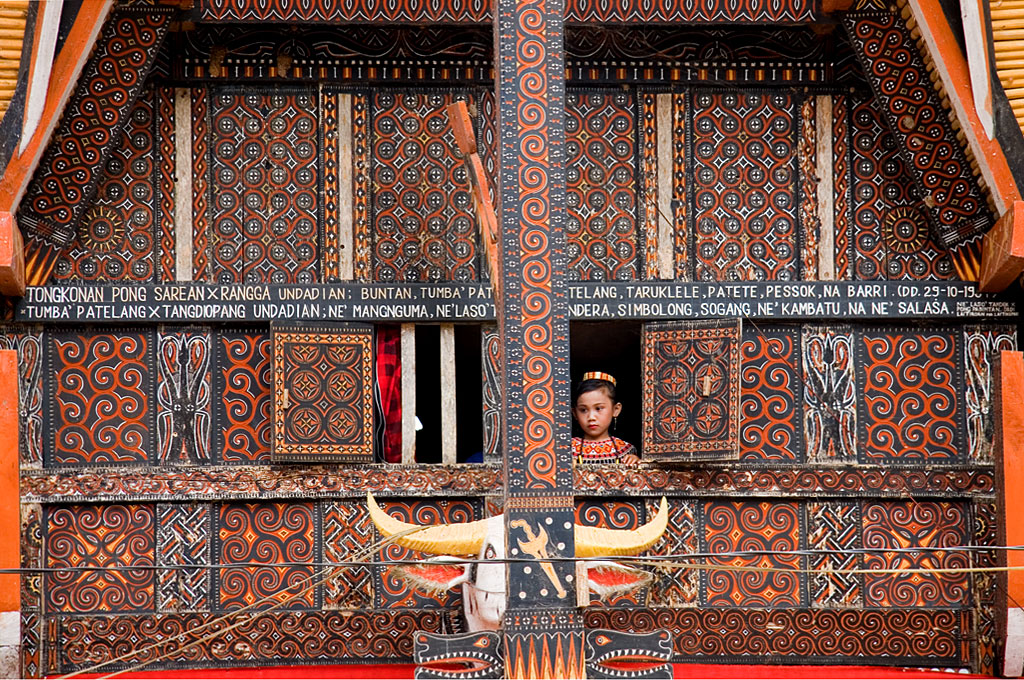
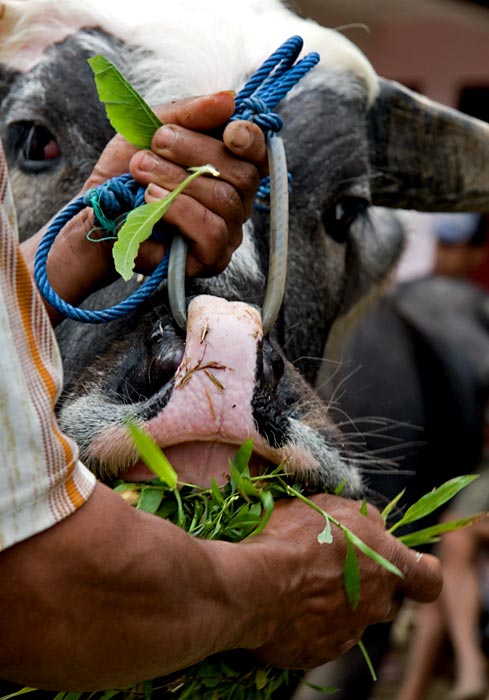
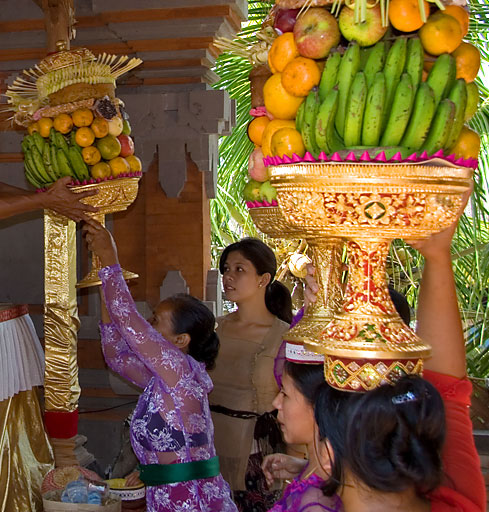
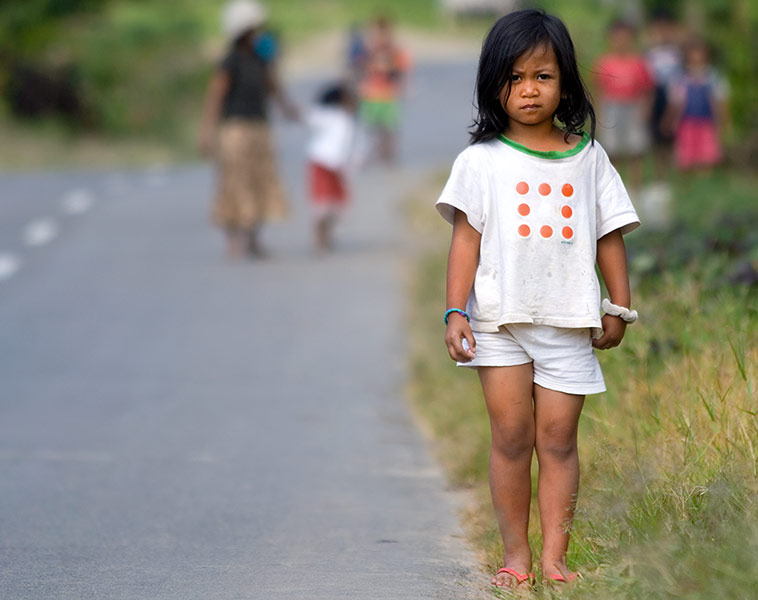




 Suara Air, Lauxury Villa in Ubud, Bali
Suara Air, Lauxury Villa in Ubud, Bali Lia Beach, Togean Islands Resort, Sulawesi
Lia Beach, Togean Islands Resort, Sulawesi Santai Toraja Hotel, Rantepao, Sulawesi
Santai Toraja Hotel, Rantepao, Sulawesi Kelana, Boat Cruise at Komodo
Kelana, Boat Cruise at Komodo